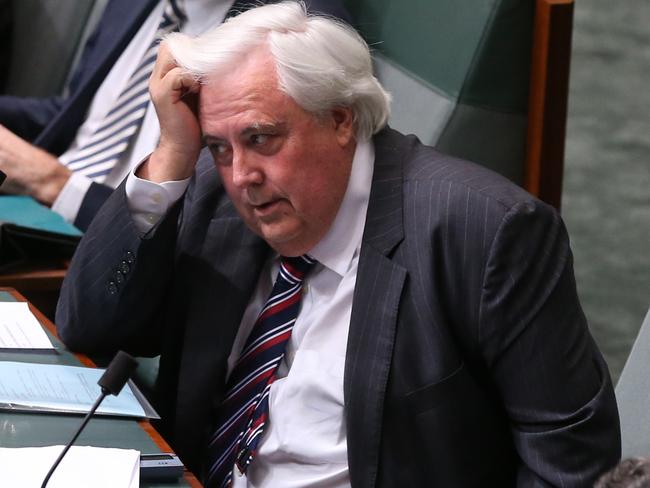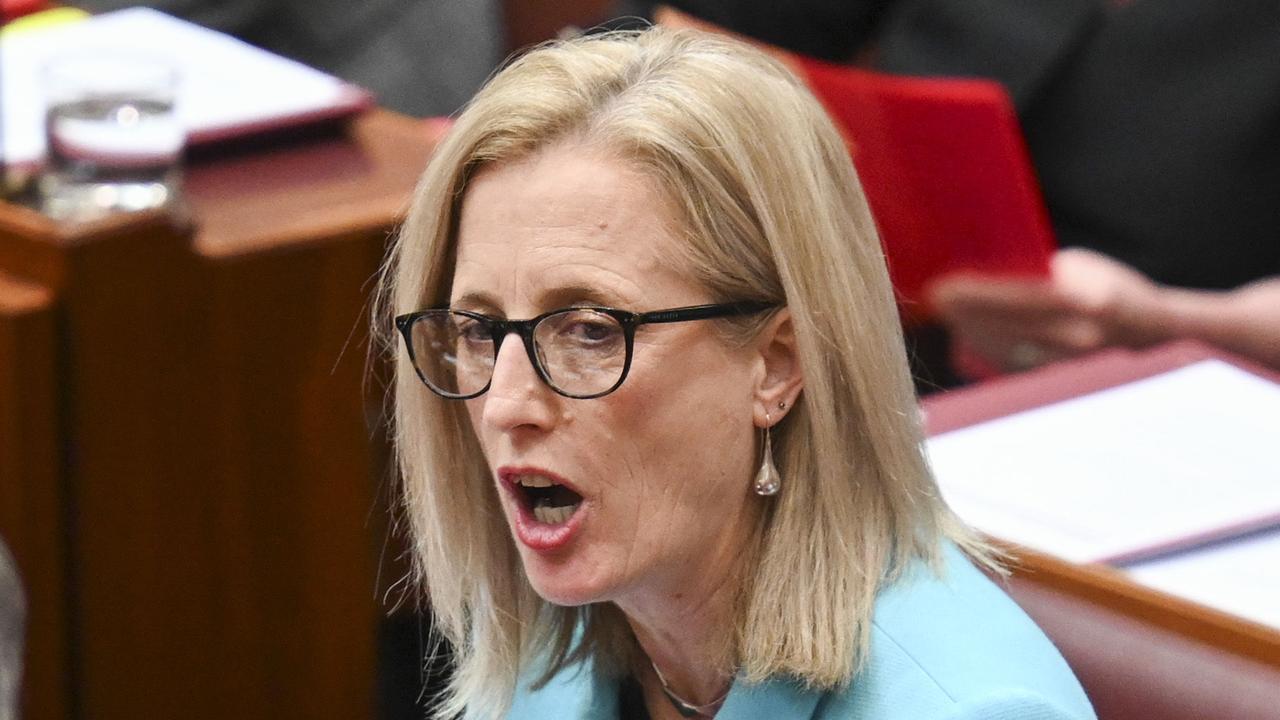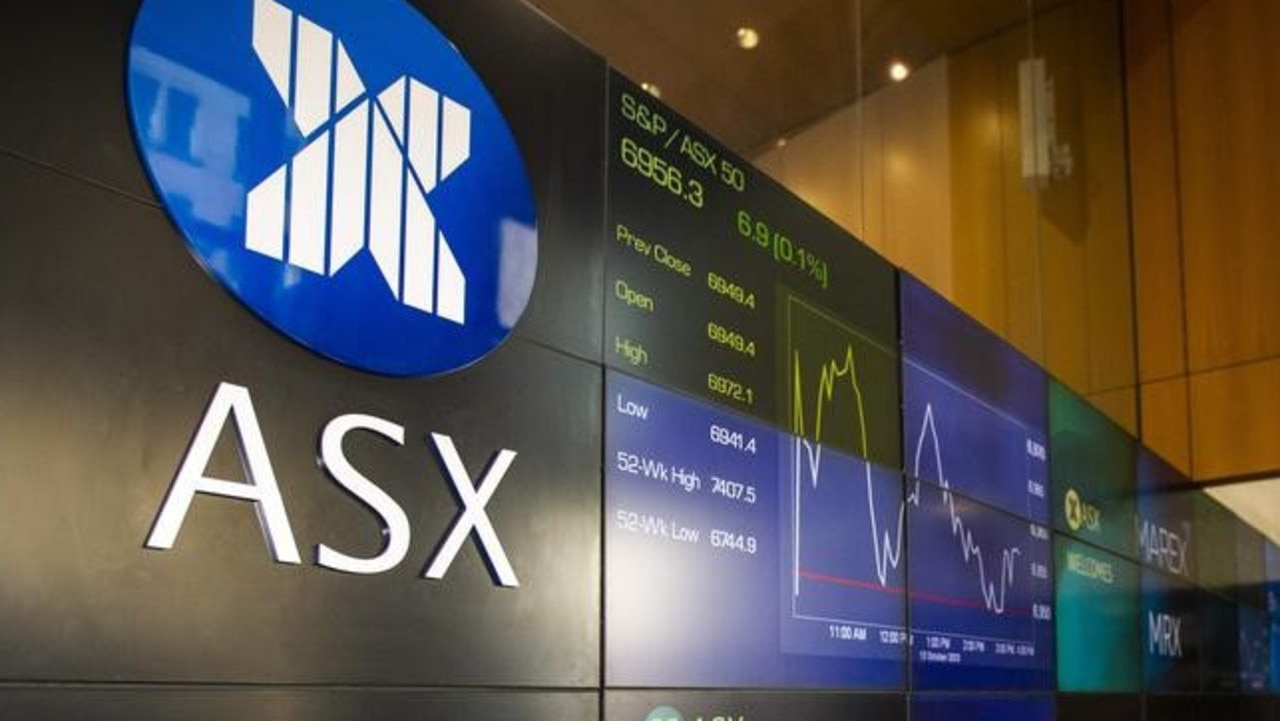Clive Palmer’s company tax policy would leave a $70 billion dollar federal budget black hole
ONE of Clive Palmer’s signature election policies would blow a $70 billion-plus hole in the federal budget, we can reveal.
Fed Budget
Don't miss out on the headlines from Fed Budget. Followed categories will be added to My News.
ONE of Clive Palmer’s signature election policies would blow a $70 billion plus hole in the federal budget.
A fundamental misunderstanding of the way company tax receipts are collected appears to be behind the error.
Tax experts say Mr Palmer’s proposal to have companies pay their tax annually, rather than in quarterly or monthly instalments, is “retrograde” and out of step with global best practice.
Not to mention, it would be costly.
According to Deloitte Access Economics director Chris Richardson, the government would effectively lose out on booking company tax revenue — worth about $70 billion — for an entire year.
“When the Labor government wanted to find budget savings a few years ago, it forced big companies to move to monthly, rather than quarterly, tax instalment payments — generating a one-off, multi-billion dollar boost to the bottom line,” Mr Richardson told News Corp Australia.
MALCOLM TURNBULL: Coalition has to charm Clive Palmer
DINNER OUT: Clive Palmer and Malcolm Turnbull’s meeting

“Mr Palmer’s policy — to push instalment payments out — would have the opposite effect on the bottom line for a year. The government would be forced to borrow more to fund the budget gap,” Mr Richardson said.
In addition, the government would also miss out on the interest earnings it could have generated from having the cash sitting on its books.
Mr Palmer claims leaving the money in company hands would lead them to spend it, generating extra GST revenues.
But economists say such “second round effects” are unlikely. According to Mr Richardson: “Companies tend to invest their money — not attracting the GST.”
Only if the money were granted to employees as wage increases — and they spent it — would it boost GST revenue, he said.
It is an embarrassing revelation ahead of Mr Palmer’s meeting with the Prime Minister, Tony Abbott, this Thursday about passing the Coalition’s controversial cost-cutting first budget.
The Palmer United Party did not submit any of its election promises to the Parliamentary Budget Office for an official costing ahead of the last election. As a new party, they were not entitled to the service.
PUP is now entitled to use the services of the PBO on a confidential basis. But it is understood that — almost a year later — no policies have been submitted for costing.
The director of the Tax and Transfer Policy Institute at the Australian National University, Professor Miranda Stewart, said collecting company tax annually, rather than at more regular intervals, could lead to some companies going under because they had failed to adequately provision for their tax liabilities. “It would be a backward step, a retrograde step, in my view to go back to once a year.”
###
Originally published as Clive Palmer’s company tax policy would leave a $70 billion dollar federal budget black hole


